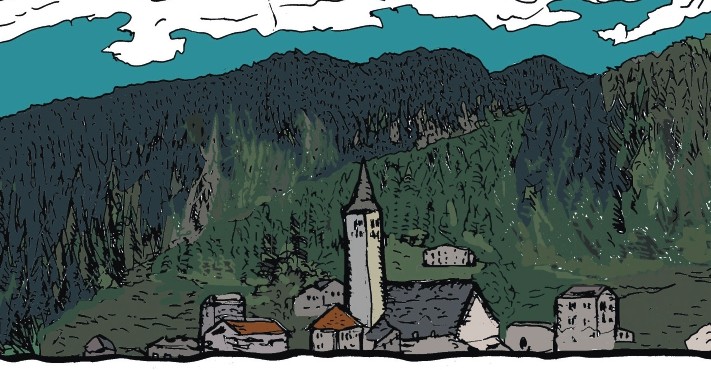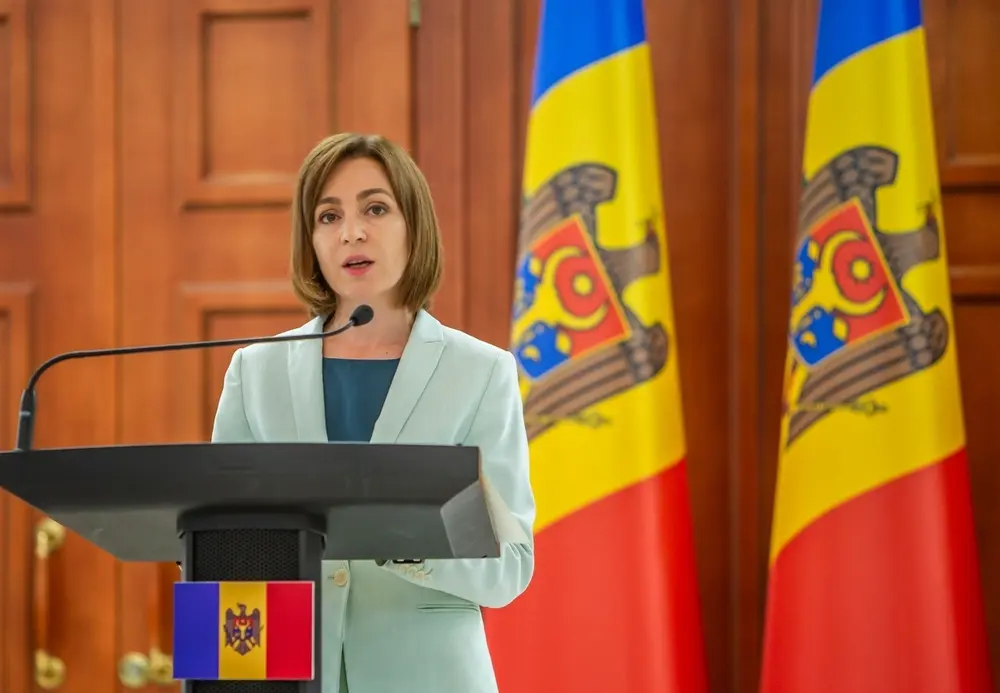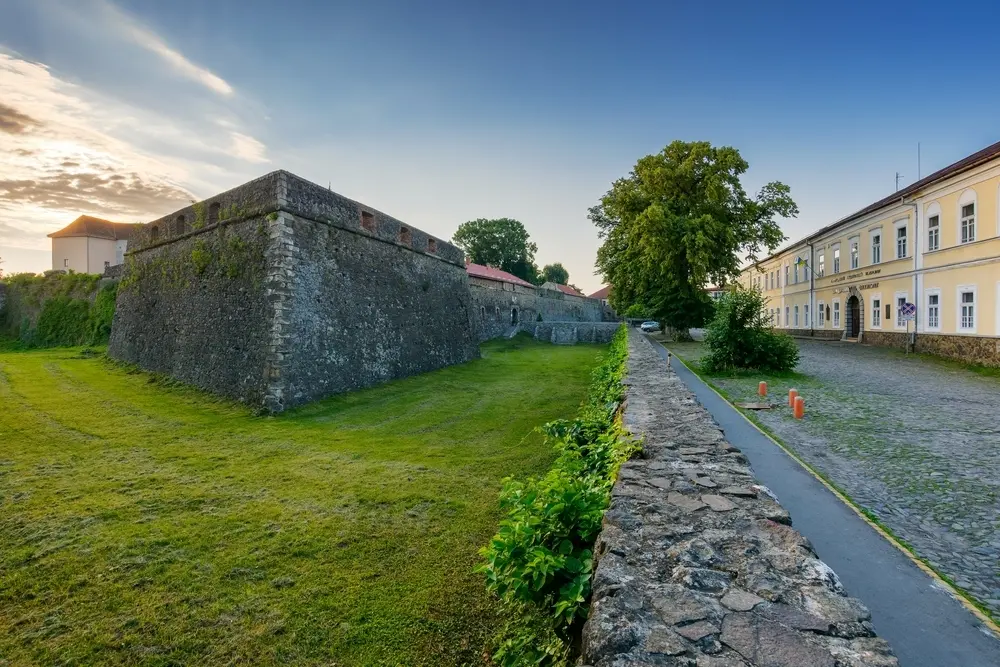Le ONG locali nel Sud della Serbia – Azioni, finalità e contatti con gli stranieri
Il nostro corrispondente ci offre un quadro esplicativo sulle organizzazioni non governative locali evidenziando il caso del Comitato per l’iniziativa civile di Nis (CCI). Testo in inglese.
In the last five years the number of NGOs has increased rapidly in Serbia. Civic activism, virtually unknown until mid-nineties, became increasingly fashionable in the months after the mass protests for electoral fraud at the Serbian local elections in late 1996. Some viewed non-governmental activity as a vehicle through which they could creatively use the energy long suppressed under Milosevic. Others jumped at the opportunity to grab all the money they could from foreign funders, irrespective of the type of action required. A combination of the two was the most common motive for most – everybody was eager to work productively and be paid decent wages after a long period of utter poverty. Genuine human interest was thus a very rare inspiration for initiating an NGO, but then again, motives aside, many actions in the end resulted in solutions for many pressing humanitarian problems.
The Committee for Civic Initiative in Nis has remained one of the most active organizations in southern Serbia. Indeed, activity should be the key word in the assessment of an organization. Although Nis hosts the most (more than 60), the number of truly active ones, those foreign excluded, has never exceeded 10. The CCI (also nicely nicked OGI after its Serbian acronym) was initiated in late 1996 with the sole aim ‘to preserve at least part of the citizens’ energy and enthusiasm, and to contribute to the rise of civic consciousness’. It comprised a small group of university professors and assistants who gathered in a private flat one late winter evening and decided to unite in their personal struggle against the former regime. In the years to come it would become a well-organized structure of 20 permanent members and many volunteers who would carry out a variety of projects. The reputation of the CCI stems from two roots: locally, it is the only organized group in town which hosts various experts, including five PhD’s and six MSc’s and the only one which constantly cooperates with the local self-government and other prominent NGOs. Globally, the CCI has made a name for itself since it has been awarded projects by about ten different funders so far. How seriously the CCI is taken in the real world can be demonstrated by two very recent events. Last year when TEMPUS, a university project, was offered to Serbia by the EU, the CCI was the only NGO to be recognized as a full-fledged partner organization (along with local universities, of course). In addition, only very recently, has the CCI been granted the role of strengthening the NGO sector in the entire southern and central part of Serbia, a large-scale project under the auspices of the European Union.
When asked what are the keys to success of an NGO – CCI coordinators answered: hard work, up-to-dateness and networking. The first prerequisite goes without saying, and yet many locals believe that just founding an NGO is enough for money and success to start falling from the skies. Being up-to-date, or just well informed and adaptable is also very important. Since NGOs depend on funders, they often must adapt to the funders’ wishes. One year the funders finance humanitarian projects, the next year they only want to talk about subversive activities to topple Milosevic, whereas the third year only ecological projects are valued. Currently, CCIers say, two types of activities are in fashion in Serbia: number one, those that would ‘open the eyes of the general public’ and make them face Serbia’s responsibility for the recent wars horrors; number two, those that focus on decentralization and thorough activation of the local self-government. Always around, the CCI has projects prepared for both areas of interest, which we will see presently. Finally, networking and good contacts have remained crucial for any NGO. This means both global contacts with foreign NGOs and funders, and local contacts with the local government, the media and other NGOs.
Learning maintain good contacts with foreigners is a process. It includes a variety of issues, politeness in communication (often neglected in Serbia), proficiency in English and the knowledge to write a good project being only the basic ones. CCI’s projects have so far been financed by various funders. The Olaf Palme Foundation, a relatively small group from Stockholm comprised of many former and present Swedish social democrats has financed the project ‘Politics from A to Z’ for three consecutive years. This project, aimed at giving young local politicians the basics of political culture, has remained one of the CCI’s trademarks. The cooperation with Olaf Palme Centre has been described as impeccable by the CCI staff. Other projects included Support for Civic Activism at the local level, done in cooperation with the Centre for Antiwar Action from Belgrade, and financed by the National Endowment for Democracy, USA; School for Democracy, financed by Fund for Open Society, Belgrade section; The Question of Guilt and Answer of Responsibility, currently financed by the Dutch Government and Pax Christi, and many others.
Although someone said that ‘national characteristics are not easy to pin down, and when pinned down they turn out to be trivialities’ one can not help noticing that funders of different nationalities differ substantially. Working with Americans means being quick and immediately convincing. With Germans it means one should be punctual, hard-working and never complaining. With the British – well, nobody really knows how to impress the British, except by keeping everything to herself and letting them take the first step or two in communication. With Italians, however, it always resembles the blade of a razor – you grump and they grump. You are on the verge of disintegrating and they would rather just give it all up and do it without you here and there. But, in the end, you always manage to pull the job off, and you end up best friends afterwards.
Such was (and hopefully will be) the case with two recent interrelated projects that the CCI has been doing with Italians. The first one was labeled "Steps towards Opening a in Central and Southern Serbia". The name is self-explanatory – it comprised a series of activities, including a medium-level survey on the citizens’ view of their local governments in four Serbian towns – Nis, Leskovac, Kraljevo and Kragujevac. The project also included preparing the public for opening an LDA in Nis – which meant TV and radio shows, texts in local papers, printing leaflets and slogans etc. The project was concluded with the book "The Citizen in Local Self Management" which gave an overview of the project and the data from the research mentioned. The small problem that arose after the project was carried out was that of the CCI’s hurt pride. After the book was completed, nobody from the funder, the Association of Local Democracy Agencies (ALDA), contacted the CCI for months, only to get in touch again when they needed some more help in organizing an LDA conference. Meanwhile, in spite of the CCI’s hard work to complete the project using very limited funds, which meant using private contacts to organize TV and radio shows on the LDA free of charge, and enraging some of the local colleagues from the media, CCI’s president Mr. Predrag Cveticanin found out it was another organization, not the CCI, but the Civic Forum that got the first project grant stemming from the LDA. He was also angry since he knew the CCI had done all the work while Civic Forum and similar groups were elegantly observing from a safe distance, only to jump in right away when they smelled money was involved. Luckily, the situation was settled through personal contact with Ms. Antonela Valmorbida, the ALDA representative in charge of Nis. The CCI is currently organizing the first LDA conference in Nis, in cooperation with ALDA and the local government (pending November 23/24).
This small anecdote can highlight some main problems in communication with foreigners. First, they often tend to cut funds short wherever possible. Whereas this is logical from their point of view, cuts are often so big that no serious job can be done with the leftovers, even when local NGO activists agree to minimum fees for themselves. Serbia is a poor country, and funders seldom realize that project budget proposals by local NGOs cover not maximum but minimum demands. Not to also mention notorious cases, like the recent Spanish business delegation, which offered jobs in Spain for two local MSc’s for about 120 EUR a month. Such offers are even insulting. The second problem is the lack of information available regarding who is who in the target community from Serbia. For the Italian lady, Ms. Antonela Valmorbida, from the previous paragraph, both the CCI and the Civic Forum were just two of the numerous local groups from Nis, equally good (or bad) for cooperation. Perhaps getting some feedback on the local organizations (i.e. checking out their websites, contacting the funders who had previously financed the target organization, or simply reading out the organization’s ‘CV’) could be useful in deciding who to cooperate with. This could be beneficial for the funder or foreign NGO as well, since working with some local NGOs is much less painful than working with others. Finally, foreigners should generally try a bit harder to understand Serbian ways – at least as long as they want to cooperate with Serbian organizations. For instance, local Serbs always know that working with Italians means deadlines do not need to be respected so strictly, which is good, but it also means fees for locals do not need to come right on time, which is not so good. Likewise, Italians or others working with Serbs should learn to tolerate Serbian pathetic rhetoric, Serbian irritating pride and boastfulness and Serbian anarchic nature. Only when they get used to this can they expect to get the most from Serbs, and receive mutual satisfaction.
All in all, the CCI’s fruitful cooperation with foreign NGOs and funders has been one of the building blocks of the organization’s success in the previous years. We can only hope it will remain so in the future, and the next test of this will be the LDA conference in Nis next week.
See also:
www.ogi.org.yu Committee for Civic Initiative in Nis
In evidenza
- Graphic novel
- MIGRAZIONI
- Confini e conflitti












